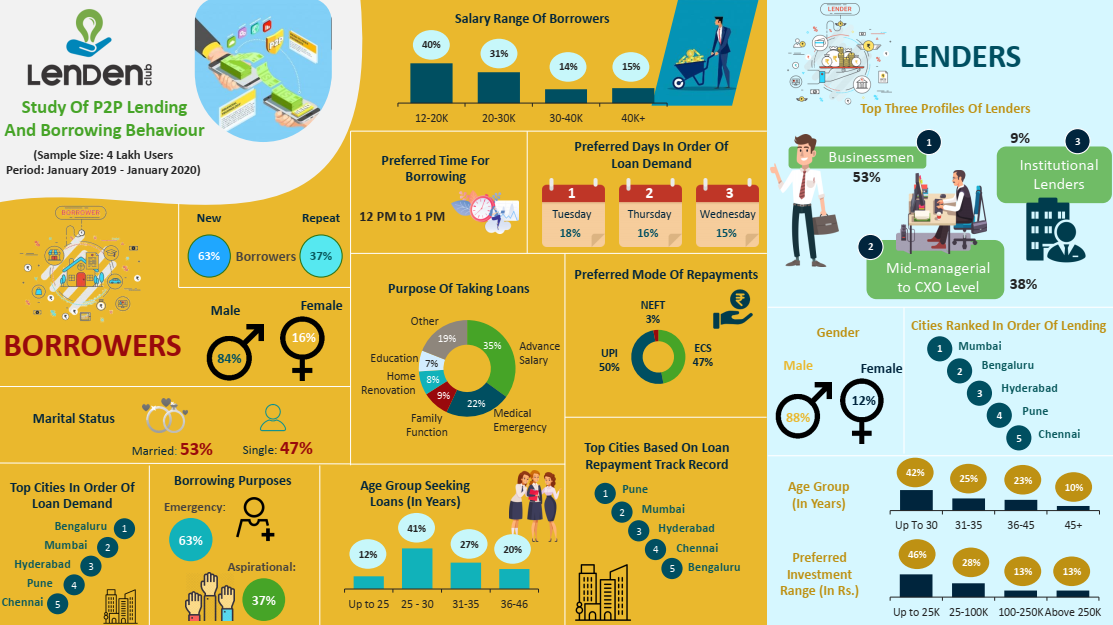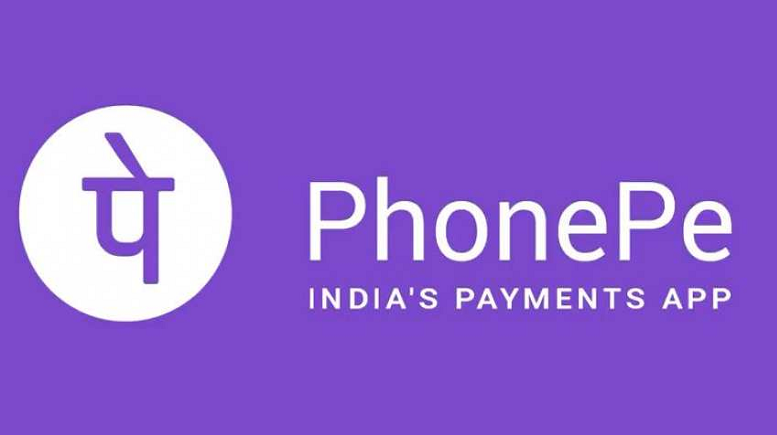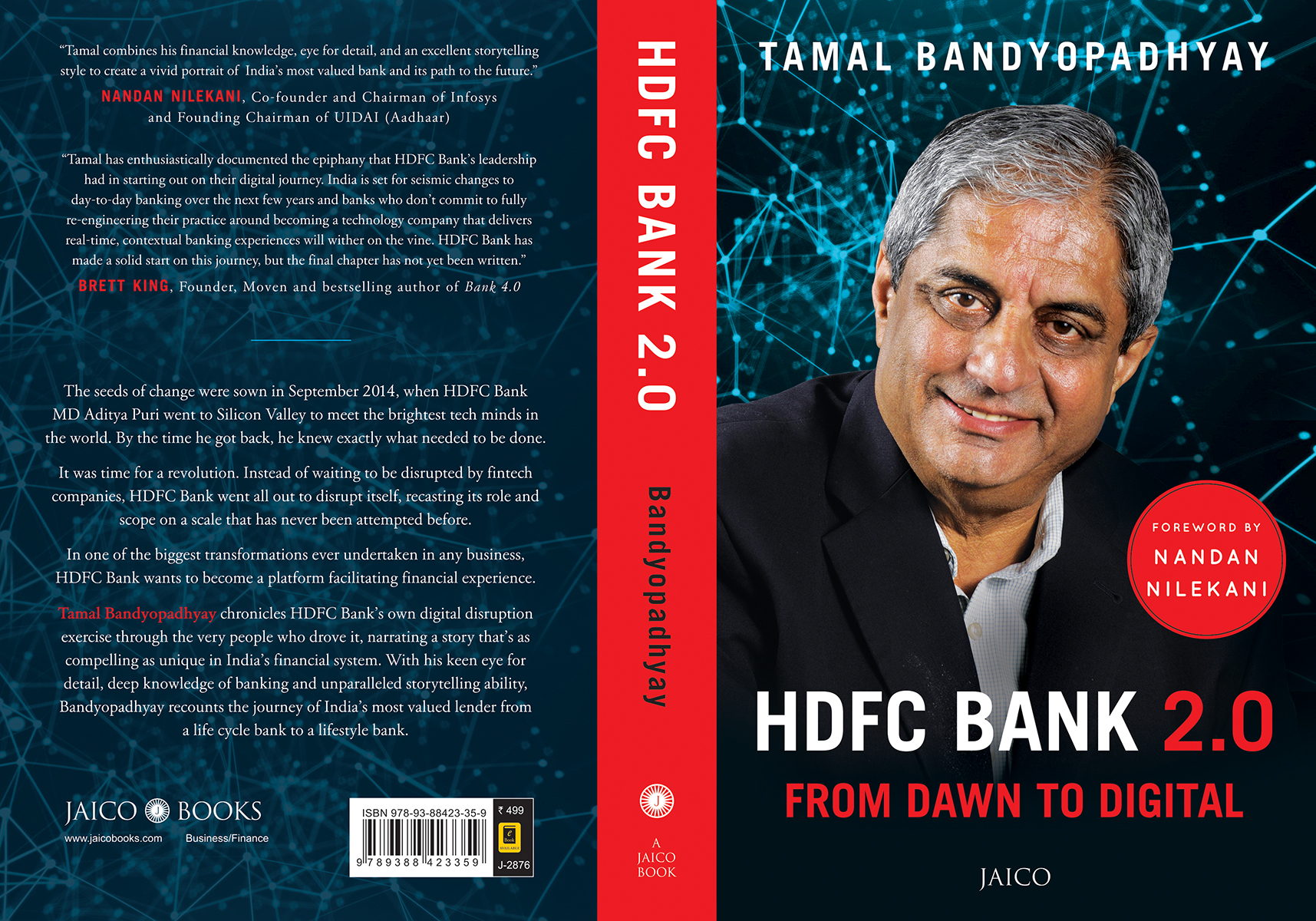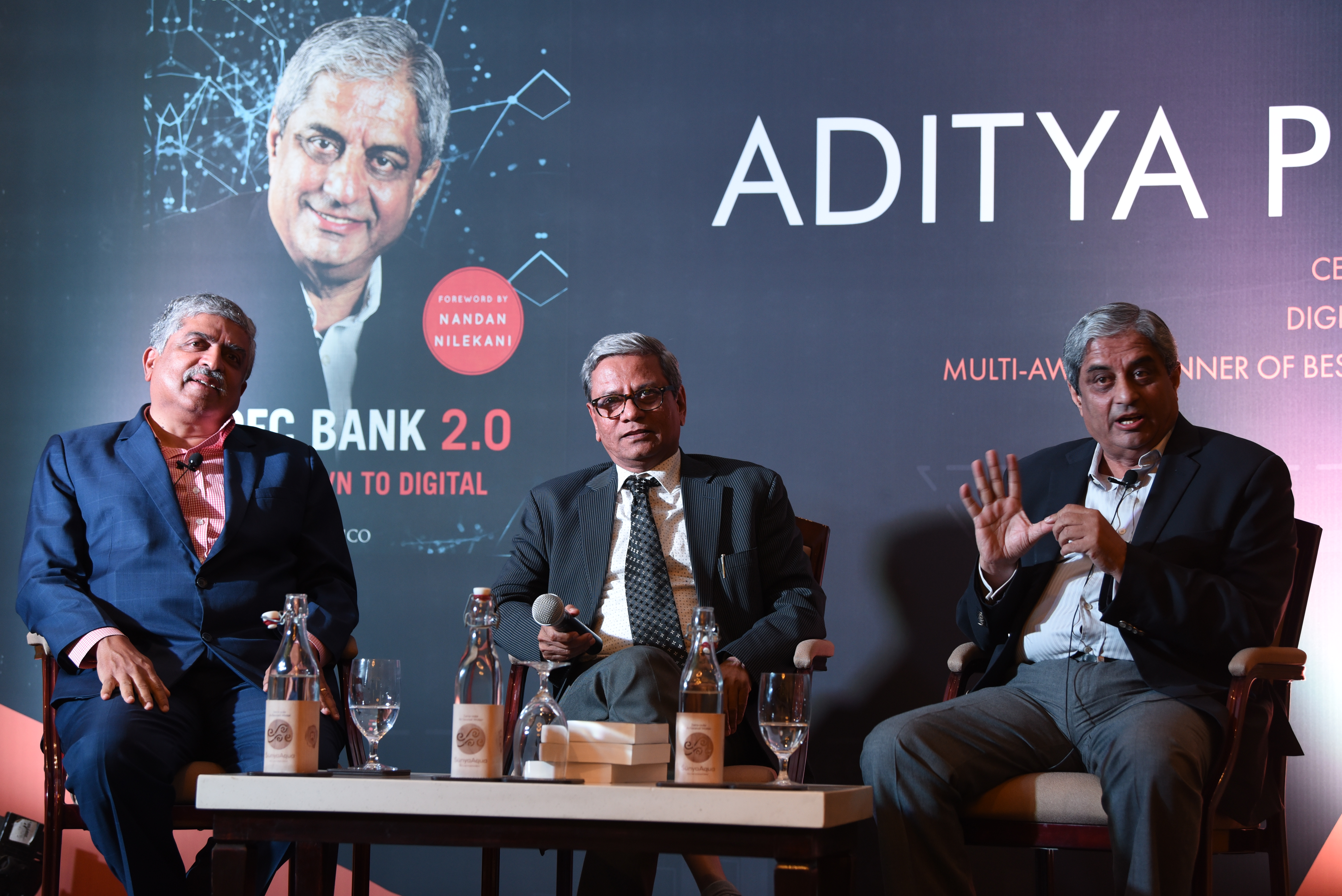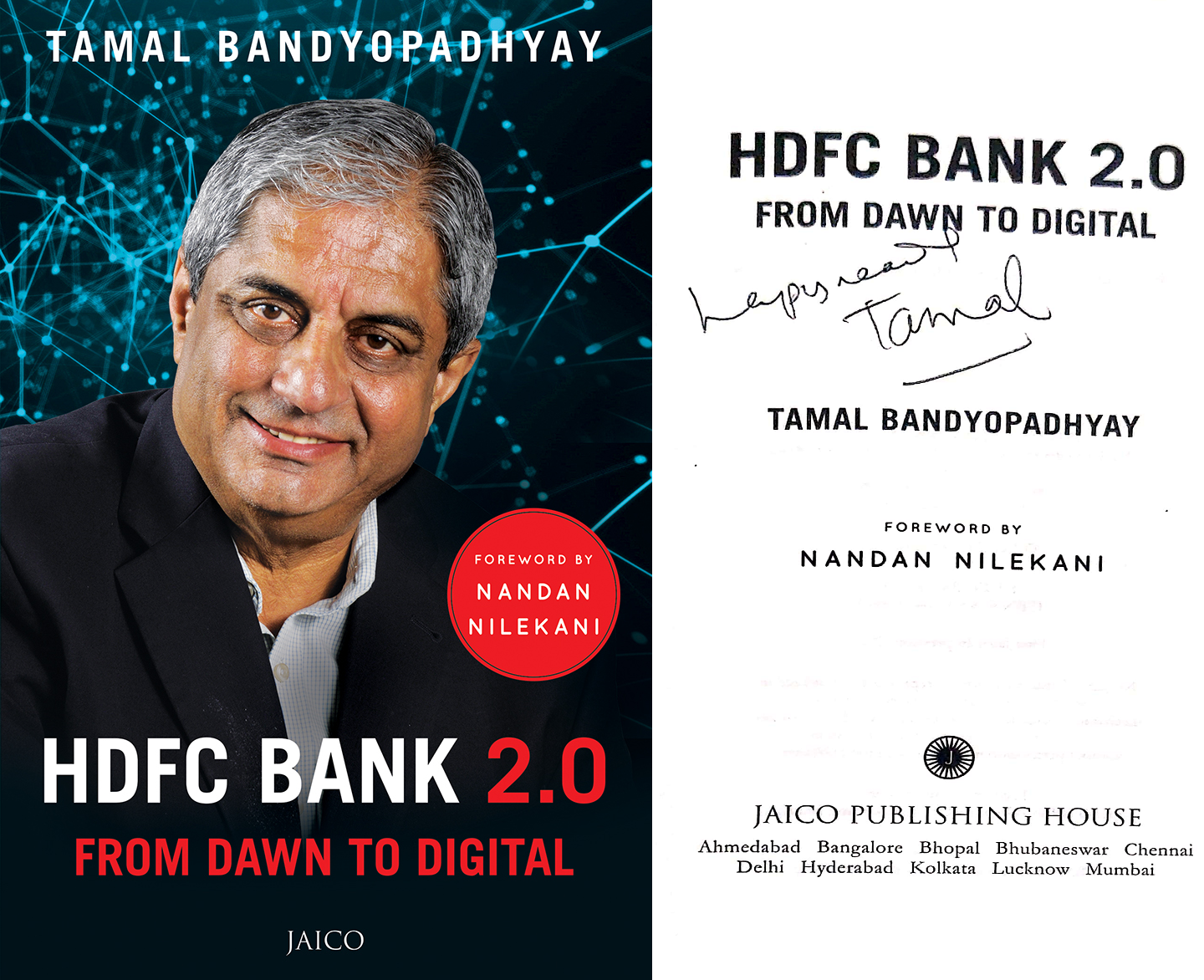SBM Bank (India) – the first bank to receive banking licence in India through wholly owned subsidiary route, announced a tie up with PayNearby, India’s largest hyperlocal fintech start up. Both firms signed a Memorandum of Understanding to build an “open banking” network towards delivering basic banking solutions as well as advanced financial services, to their customers.

The partnership would enable the Bank to offer complete suite of digital and assisted banking solutions through PayNearby’s exhaustive network of micro-enterprise and retail touchpoints. Besides a win-win for the partners; the alliance will not only empower the underbanked and unbanked segments; but also enable the micro-enterprise and retail touchpoints to earn better returns on their investments. The deployment of the banking module will be done in a phased manner and will work seamlessly with the existing platforms at PayNearby outlets and touchpoints.
Both companies are focused to build open modular architecture-led platforms, that can support plug and play APIs, ensuring highly customized environments which can expand using respective partnership approach.
Commenting on the partnership, Sidharth Rath, MD & CEO, SBM Bank (India), said
At SBM Bank, banking has become an on-demand experience for the new age customers. Branch locations, banking hours or normal waiting time – these concepts are fast eroding. We, being a new bank, have set sights on offering a seamless experience, comprising of taking the bank to where customers prefer to be.
Our partnership with Nearby Technologies is built on a commitment to facilitate financial empowerment among underbanked and unbanked segments – through the wide network comprising of the MSMEs and retail outlets. Together, we will not only make secured, digital and assisted banking accessible to these entities but also add value in their economic growth.
These entities are the backbone of the Indian economy and reaching them directly with the value drivers will trigger a visible positive impact and reduce inefficiency in their economic chain.
PayNearby is the largest agent banking platform from Nearby Technologies – built to educate, engage and push wide range of fintech services, including basic banking facilities like account opening to more advance options like the latest ecommerce experience, the latest payment technology, including UPI, P2P payments and many more.
The technology platform connects consumers via local retailers and micro enterprises, to the solution providers – thereby not only expanding their offerings, but also improving their financial viability and reach. The network of PayNearby retailers, spans across 16,700+ PIN codes in the country.
Commenting on this, Anand Kumar Bajaj, MD & CEO, PayNearby remarked
We will have more than 20 lakh new age retail partners on ground, who will be sourced in a phased manner. They will be the first touch point to onboard customers and serve as the founding stone for the neo-banking initiative. The multi-modular, scalable architecture will allow us to easily plug and play different partner APIs and create an ecosystem where in addition to banking facilities, we are also able to offer value added services based on consumer interest.
From 9 Crore customers to 50 Crore beneficiaries, we believe through our distribution strength and the banking solutions from SBM Bank, we can together realize the dream of bridging the digital gap and making essential services available for all. PayNearby will transition India from assisted service to self-service nation by upgrading and reskilling our partners. We are geared to actualize this goal through our trained, tooled and tested retail partners on ground. The measure of success comes from enabling customers with what they want at a time, place or mode of their choice.
In a research conducted by Nearby Technologies, it has been observed that consumers of all genres have shown their preference for simple to use banking interfaces and are willing to adapt to new technology and services if presented accordingly. Upgrading cash into digital currency will bring about large-scale adoption of commercial digital products in this country.
Adding his views, Neeraj Sinha, Head, Consumer & Retail Banking, SBM Bank (India), said
We believe a new age banking experience is built on empowering and partnering with best-in-class players who can help us solve key challenges, in our pursuit to take a superior banking experience across key markets. We are elated to partner with Nearby Technologies – a new age fintech company and together, we shall take a superior and customized banking experience to the people who need it the most.
PayNearby, powered by SBM Bank (India) will offer all the banking solutions – ranging from account opening, banking transactions, final product sales, AEPS. Also, all payment transactions and relationship management can be executed at the outlets using the digital app or through assisted banking feature.
About Nearby Technologies Pvt. Ltd
Incepted in April 2016, Nearby Technologies is a fintech company offering financial/non-financial services to the underbanked and unbanked segment. Nearby Technologies works on a B2B2C model through its various brands – PayNearby, InsureNearby, BuyNearby and few more. PayNearby empowers retailers at the first mile to offer digital services to local communities, thereby boosting financial inclusion in India. Retailer services are focussed on Aadhaar based banking services, Domestic Remittances, Bill Payments, Card Payments, and insurance services among others.
It was founded by Anand Kumar Bajaj, Subhash Kumar, Yashwant Lodha & Rajesh Jha who bring with them rich experience in banking, payments and financial sector. A DIPP-certified FinTech startup, has partnered with various financial institutions including YES Bank, RBL Bank, ICICI Bank, State Bank of India, Axis Bank, CC Avenue, Bill Desk, NPCI, FASTag, NBFC and FMCG companies. It is the sole technology provider using Aadhaar Enabled Payment Services [AEPS] and IMPS to YES Bank, making them one of the only two fintech companies hosted by the National Payments Corporation of India [NCPI].





